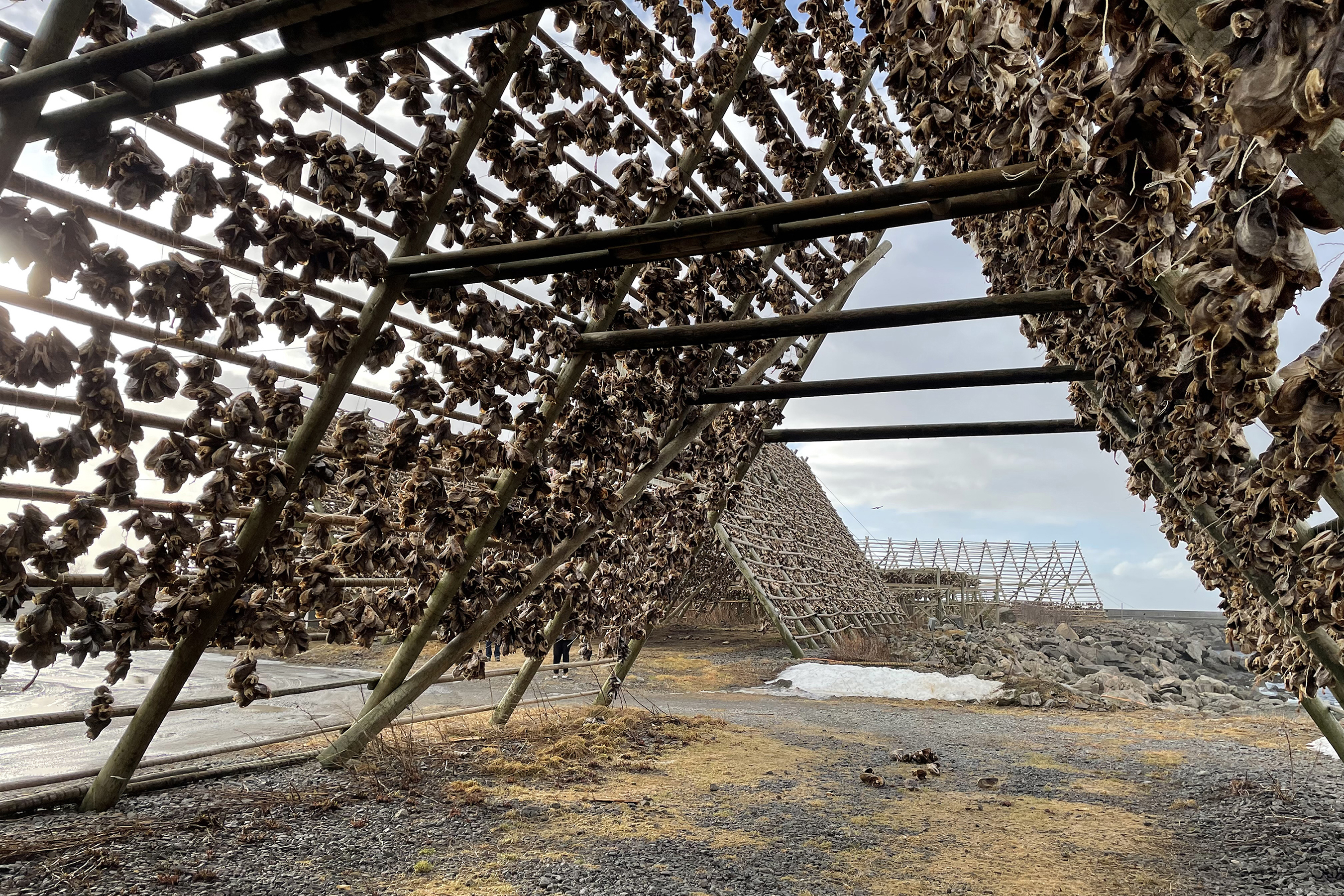FISH-A
Fishing Architecture
The Ecological Continuum between Buildings and Fish Species

Fishing Architecture
Start Year
2022 (On going)
Duration
60 months
Principal Investigator
Funding Entity
European Research Council (ERC)
Consolidator Grant under the European Union’s Horizon Europe research and innovation programme
Funding Value
2.001.468,00 euros
Project Reference
101044244
Proposing Institution
CEAU-FAUP
Website
Social Networks
Abstract
To what extent can fish produce architecture? This project sets out to trace a socioecological history of North Atlantic architecture in relation to fisheries, elucidating the relationships between marine environments and terrestrial landscapes and assessing the ecological impact of fishing constructions and the natural resources they depend upon.
Fishing Architecture covers a broad spectrum in terms of both geography and time, a choice that was made to avoid deterministic analysis and engage with transnational phenomena. Thus, the focus is on the North Atlantic—its shores housing diverse architectural cultures and its waters home to a wealth of fish species—and follows a time frame that runs from the industrialization of fisheries in the early 19th century to the full globalization of the industry at the end of the 20th.
The extant scholarship on marine ecology, fisheries, and fishing communities includes extensive research on fish populations, navigation systems, technology, bioeconomics, architecture, and cultural practices. Yet, comprehensive interdisciplinary analysis of the field is hindered by its own specialization.
Facing the impending challenges of the environmental predicament, this project will use the material history of architecture as a powerful tool for advancing interdisciplinary research and, along with it, our understanding of the ecological impacts of human activity. The assessment will be organized along five analytical axes: (1) marine ecosystems; (2) fishing technology; (3) food processing; (4) politics; and (5) consumption habits, effectively avoiding the conventional architectural approach to understanding the built environment. This strategy allows us to identify critical knowledge gaps to be worked on and, most significantly, fosters a fresh perspective on construction in which fishing landscapes and buildings.
Team
André Carinha Tavares (Investigador Responsável)
Faculdade de Arquitectura da Universidade do Porto
Paul Montgomery
Faculdade de Arquitectura da Universidade do Porto
Rafael Sousa Santos
Faculdade de Arquitectura da Universidade do Porto
Alice Nouvet
Faculdade de Arquitectura da Universidade do Porto
Consultants
Elsa Froufe
CIIMAR University of Porto, Portugal
Filipe Castro
CIIMAR University of Porto, Portugal
Loren McClenachan
University of Victoria, Canada
Karl Otto Ellefsen
The Oslo School of Architecture, Norway
Matthew Gollock
London Zoological Society, England
Nancy Couling
Bergen School of Architecture/ETH Zurich, Norway/Switzerland